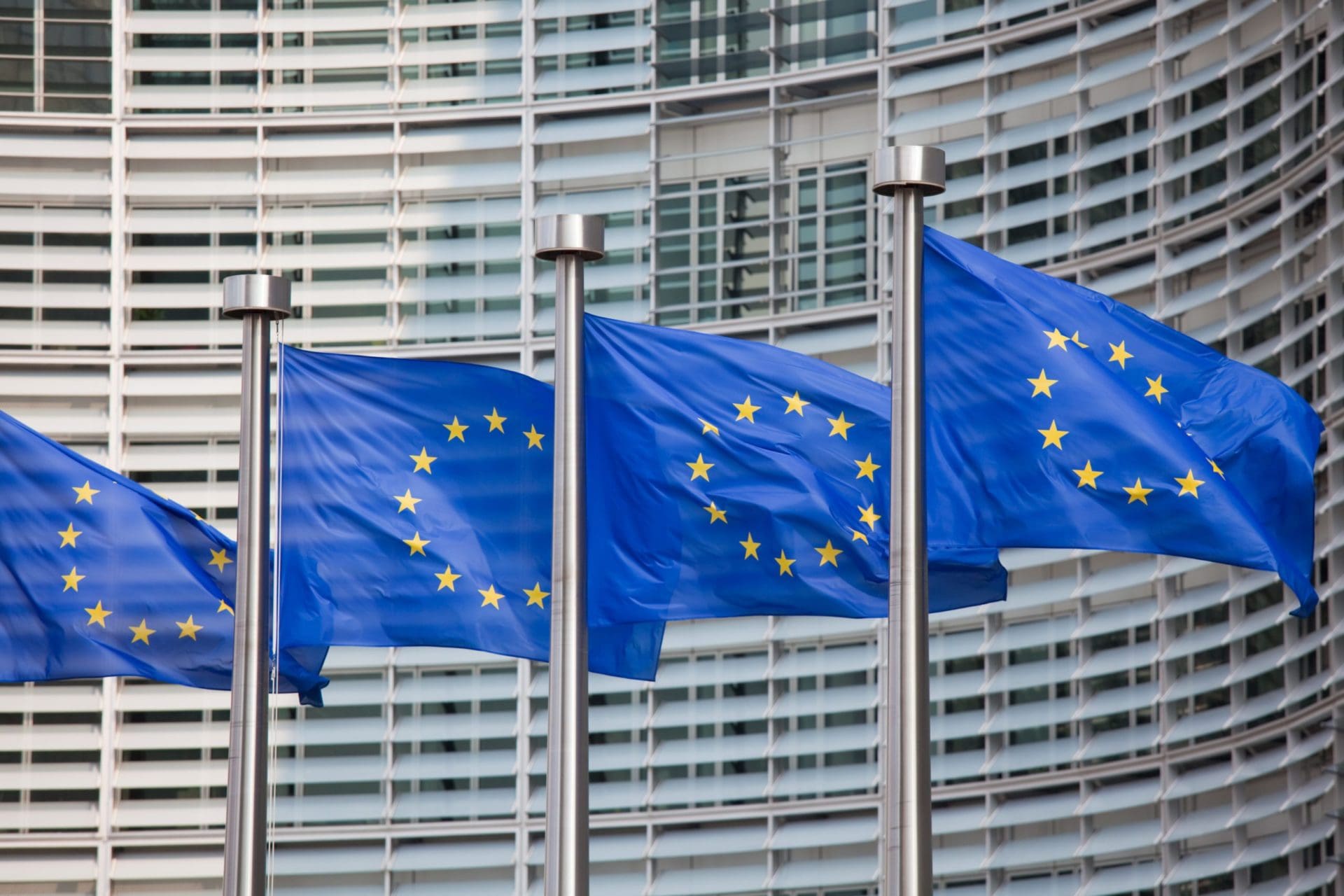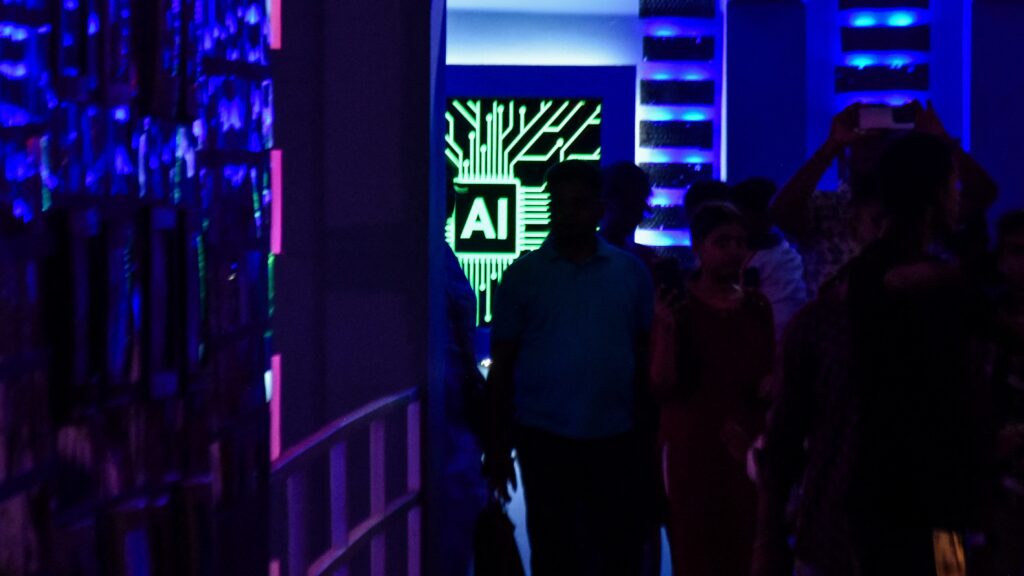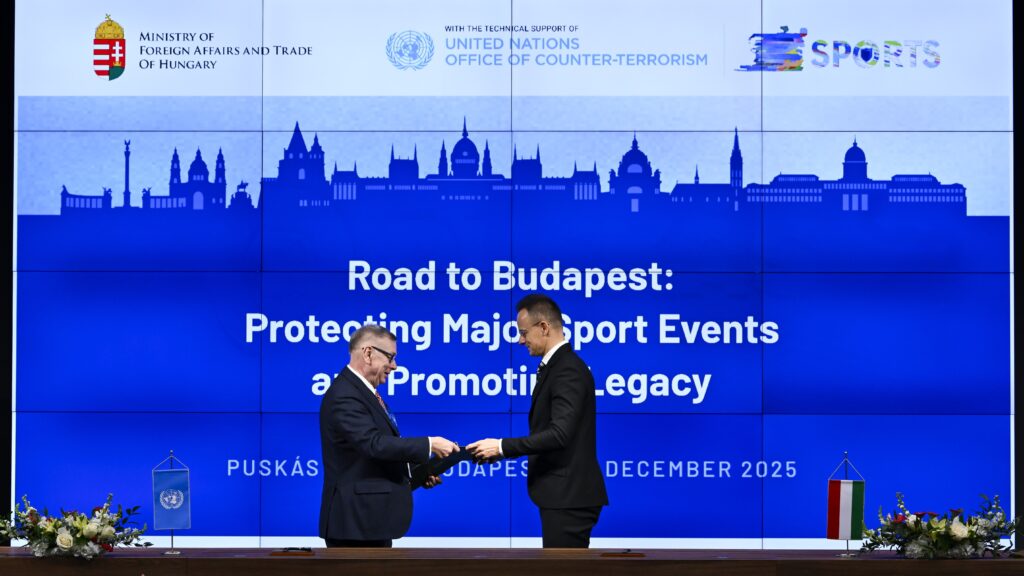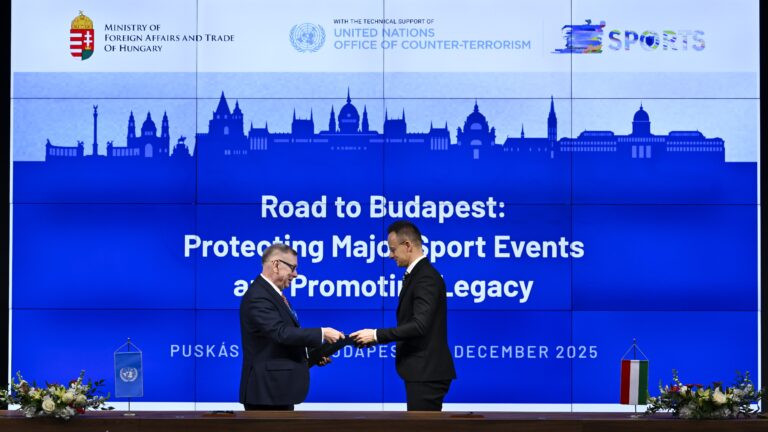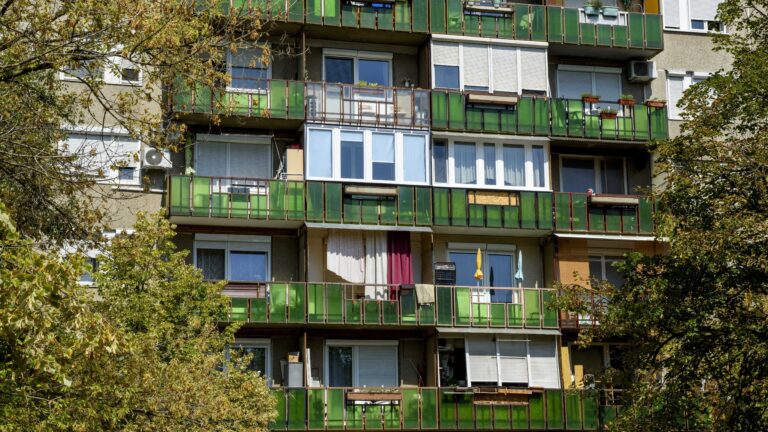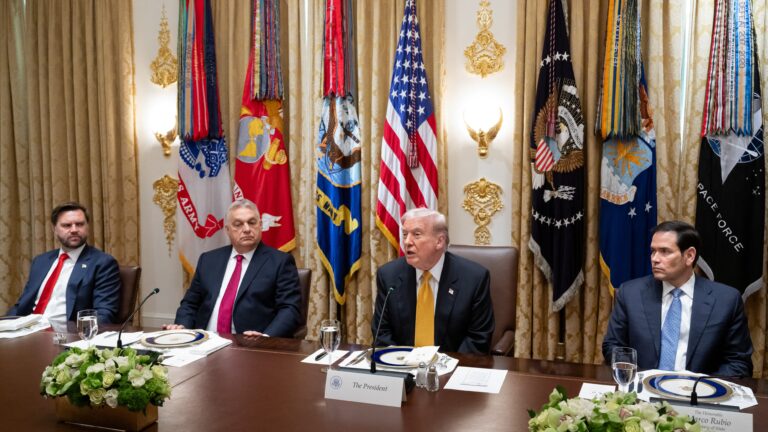As an American living now for practically fifteen years in Italy, I have been able to see a distinct feature in Europe in contrast to the present-day American bipolar society: a complete lack of solidarity among Europeans. Part of this dichotomy stems from a lack of Christian leadership.
Christian leaders, specifically those from the Catholic hierarchy, for some years now, in their amenable dealings with politicians and representatives of the United Nations and the European Union, have capitulated to the whims of secularism that have left our Christian Europe defenceless before a barrage of hedonist policies, such as abortion, same-sex unions, and transgenderism, to say nothing of Islamic aggression.
In October 2020, a Tunisian migrant stormed into the Basilica of Notre Dame in Nice, France, shouting ‘Allahu Akbar’ (Allah is the Greatest) as he killed three people; two of the victims were decapitated. Just a couple of weeks prior, Samuel Paty, a history teacher in a suburb of Paris, was beheaded by a Muslim in reaction to Paty’s showing caricatures of Muhammad, which were previously printed by the magazine Carlie Hebdo, to his students.
The paradox is that while Pope Francis and a good part of the Catholic hierarchy denounced such ridicule against the Islamic religion, there has yet to be a public condemnation of the satirical journal for its caricatures that mock Christianity, such as a depiction of Jesus Christ on the Cross saying: “Je suis une célébrité…sortez-moi de là!” (I’m a celebrity, get me out of here); there has been other deplorable imagery published, such as one portraying the Three Divine Persons engaged in sexual intercourse with each other.
Where were Catholic Church officials on this? Why have European Christians collectively not raised a fuss oversuch blasphemous mockery of our faith?
During the Papal visit to Hungary on 12 September 2021, Hungarian Prime Minister Victor Orbán appealed to Pope Francis in a private meeting, asking him not to let ‘Christian Hungary perish.’
Orbán has also repeatedly cited the challenges against the institution of the family
Orbán has often stated that Hungary’s Christian identity is under threat by Muslim immigration, to which Francis has in the past reacted by decrying such policy as selfish nationalism; Orbán has also repeatedly cited the challenges against the institution of the family, which is exclusively founded on the marriage between a man and a woman. This is not a “selfish nationalist” position by the Hungarian Prime Minister, rather the expression of the will to resurrect Europe’s Christian roots for the sake of a united Europe!
Last week in Florence I attended the presentation of the book Cristo Speranza dell’Europa (Christ Hope of Europe), written by Andrea Gagliarducci. It was presented by Archbishop Gintaras Grušas, President of the Council of the Bishops’ Conferences of Europe. The underlying theme was that unless we place Christ at the centre of our European society, there is never going to be a peaceful and united Europe.
When I directly asked Archbishop Grušas as to why has the Catholic hierarchy been reticent to defend itselfagainst attacks such as the profane depictions by Charlie Hebdo, or why has it not been publicly supportive of Hungary’s pro-family policy, he responded: ‘We have to be more courageous.’
With his response Grušas, albeit implicitly, highlighted why our Christian European society has fallen apart. It is because of the silence of its Christian leaders. In the words of Cardinal Robert Sarah, former Prefect of the Congregation for Divine Worship:
‘The Church [and for that matter European society] is dying because Her Pastors are afraid to speak in all truth and clarity. We are afraid of the media, afraid of public opinion, afraid of our own brethren! ’
Naturally, there are also cultural and socio-political factors that have divided Europeans for decades. Yet the recent criminality by Russian dictator Vladimir Putin with his uncalled invasion of Ukraine could be what finally “makes” Europe a “united Europe.” The reaction from all EU member states, as well as the United Kingdom, makes it clear that there really are important common values all Europeans share, which up to now have remained theoretical.
In fact, ‘If Putin was seeking to divide the EU, to weaken NATO, and to break the international community, he has achieved the exact opposite,’ said the head of the European Commission Ursula von der Leyen.
Putin’s military menace invites Europe to finally create its own army, redimensioning NATO, while the need for concerted action makes clear the utility of a joint EU “foreign ministry.”
True and proper unity, moreover, is often shaped by a threat that obliges different subjects to act together, overcoming lesser divergences in the interest of a greater commonweal. Putin’s military menace invites Europe to finally create its own army, redimensioning NATO, while the need for concerted action makes clear the utility of a joint EU “foreign ministry.” In short, Putin’s criminal stupidity, as a fellow American told me, paved the way for having his worst fears realised—and, just possibly, a majority of his own people would be happy if that happened. He and his oligarchs are like Adolf Hitler and his staff in the 1945 Berlin Heldenbunker: ‘They cannot see what is going on outside.’
Pope St. John Paul II had observed before and during his pontificate that Europe was struggling to find its identity. A Europe that had to rebuild itself and its common history after years in which it had been breathingwith only one lung, the western one, because the eastern lung was, precisely, under the domination of state atheism and victim of constant persecution.
During his Apostolic trip to the United Kingdom in 2010, Pope Benedict XVI said: ‘[T]he old nations of Europe possess a Christian soul which merges with the “genius” and history of their respective peoples, and the Church never ceases to work to keep this spiritual and cultural tradition alive.’
This is a ‘watershed moment,’ von der Leyen stated, as the EU announced it would send weapons to Ukraine, while also shutting its airspace to Russian planes and banning state-owned media. Europe is collectively fighting against an atheistic despot who has unsuccessfully sought to recreate what Ronald Reagan once called an ‘evil empire.’
Reagan, during the same speech, recalled a father during the time of the Cold War who said: ‘I would rather see my little girls die now, still believing in God, than have them grow up under Communism and no longer believing in God.’
Let us hope and pray that those Ukrainians who have shed their blood for their homeland will serve as an inspiration for all of us to be united as a Christian Europe.

